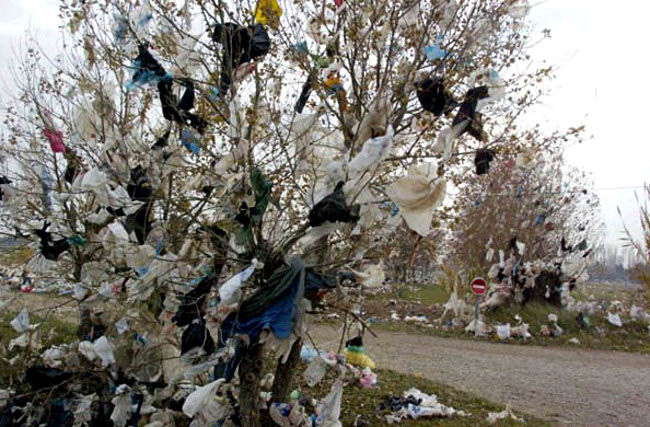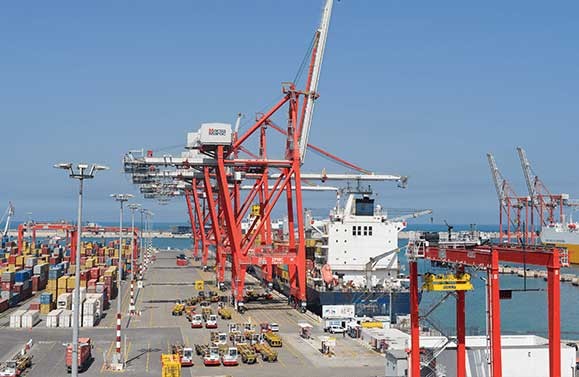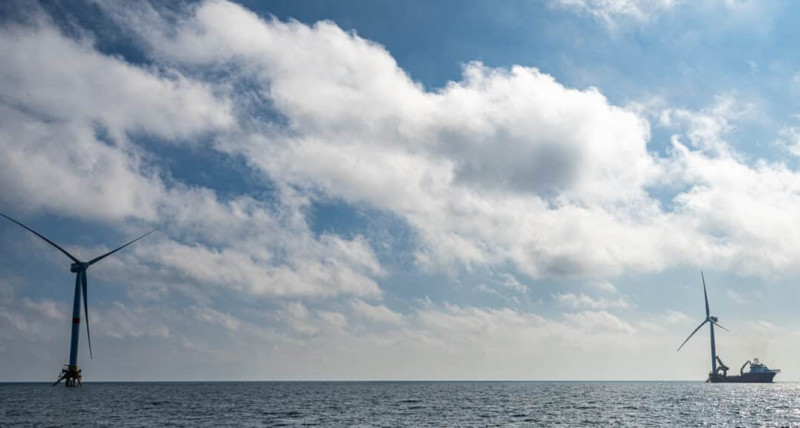EU negotiators struck an agreement Monday, March 4, to implement a ban on single-use plastics in cafes and restaurants starting from 2030, as part of new regulations aimed at curbing packaging waste throughout the bloc. The objective is to achieve additional reductions of 10% by 2035 and 15% by 2040.
The text is a key element of the EU’s environmental goals under the Green Deal, a set of laws for helping the bloc meet its climate goals. « This regulation aims to reduce waste caused by packaging, making it more sustainable, while ensuring the highest waste management standards, » the government of Belgium, which holds the rotating EU presidency, said on X.
Plastics in catering had been at the heart of bitter negotiations after intense lobbying by fast-food giants and the paper industry, which said cardboard packaging, recyclable or from sustainable forests, was more environmentally friendly than plastics. Read more Subscribers only Coca-Cola: Sponsor of the Paris 2024 Olympics and leading global plastic polluter
The single-use plastic packaging ban from 2030 will also apply to unprocessed fresh fruit and vegetables, individual portions of products such as condiments and sugar, as well as miniature toiletries and shrink-wraps for suitcases in airports. Ultra-lightweight plastic bags will also be banned, with some exceptions.
« For the first time in an environmental law, the EU is setting targets to reduce packaging consumption, regardless of the material used, » said Frederique Ries, the Belgian EU lawmaker who pushed the text through parliament. « We call on all industrial sectors, EU countries, and consumers to play their part in the fight against excess packaging, » she said.
Establishments offering drinks and takeaway food must also « endeavor » to offer 10 percent of their products in reusable packaging by 2030, and should also give consumers the choice of using their own containers, the EU parliament said.
Lawmakers also added a ban on so-called « forever chemicals » in packaging that has contact with food in a bid to prevent adverse health effects, including different types of cancer. « The ban on forever chemicals in food packaging is a great victory for the health of European consumers, » Ries said. The agreement will become law after formal approval by member states and the parliament.




